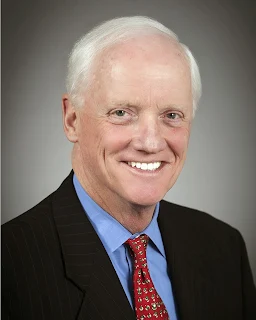 |
President Peres at the International Court of Justice
in The Hague (Copyright: GPO/Amos Ben Gershom)
|
President Peres visited the International Court of Justice (ICJ) in The Hague (Netherlands) and held a rare meeting with the judges of the court including President Peter Tomka. He updated the judges about the status of the negotiations between Israel and the Palestinians and said: "The negotiations with the Palestinians opened not long ago and we hope that they will bear fruit for the two sides who want to live side by side in peace and security. Completing the negotiations is of the utmost importance – it is perhaps the last and most significant conflict between us and the Arab world."
In the press conference which followed the meeting, President Peres addressed the speech by the President of Iran at the United Nations and said: "Rouhani's speech was nice but it was based on a false reality as Iranian centrifuges, at this very moment, continue to work and produce enriched uranium for a nuclear bomb, the program to develop long range missiles which can carry nuclear warheads is being expanded and the Revolutionary Guards continue to support terror organizations. We listen to the speeches at the United Nations, but the only way to test Iran's intentions is by deeds and not just words. The Iranian nuclear threat is not just an Israeli problem but for the whole world which doesn't want to be threatened by one country."
 |
| Benjamin Netanyahu |
Dr. Norman A. Bailey - an adjunct Professor of Economic Statecraft at The Institute of World Politics, Washington, DC, and a researcher at the Center for National Security Studies, University of Haifa - in a letter published in globes online on September 29, 2013 conveying greetings to the Jewish people on the occasion of Rosh Hashanah (Jewish New Year) has warned that no-one should be taken in by the Iranian president's charm offensive, but the West has strong cards to play. President Rouhani spreads the honey. His "honey" may indeed work as he intends. If so, it will be to the detriment of the West, the United States, the Gulf States. Saudi Arabia, and Israel. Keep all fingers crossed. Dr. Bailey says Rouhani is not a "moderate reformer" but the fact is that he is terrified about the economic/financial situation that Iran is in, and which he inherited from Ahmadinejad without knowing the severity of the problems.
The International Court of Justice (ICJ) is the principal judicial organ of the United Nations (UN). It was established in June 1945 by the Charter of the United Nations and began work in April 1946. The seat of the Court is at the Peace Palace in The Hague (Netherlands). Of the six principal organs of the United Nations, it is the only one not located in New York (United States of America). The Court’s role is to settle, in accordance with international law, legal disputes submitted to it by States and to give advisory opinions on legal questions referred to it by authorized United Nations organs and specialized agencies. The Court is composed of 15 judges, who are elected for terms of office of nine years by the United Nations General Assembly and the Security Council. It is assisted by a Registry, its administrative organ. Its official languages are English and French.


























